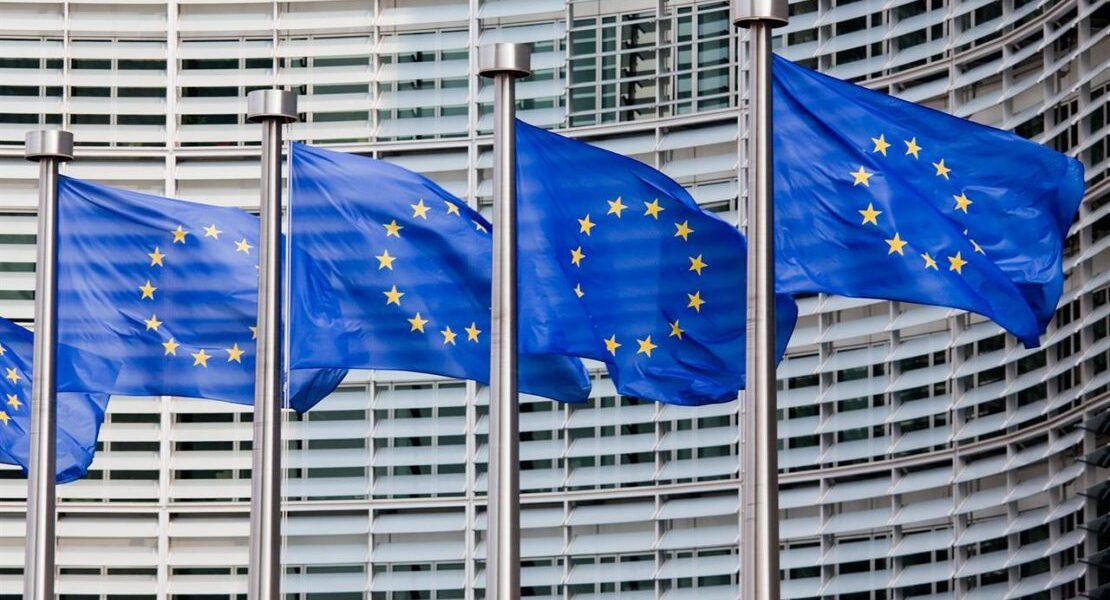The EU has agreed a 13th round of sanctions on Russia on the eve of the second anniversary of Moscow's invasion of Ukraine, said Belgium, which holds the bloc's presidency.
The EU is preparing additional sanctions against Russia and financial support for Kyiv before the second anniversary of Russia’s invasion of Ukraine, according to the Financial Times and Bloomberg. The measures aim to boost waning Western assistance to Ukraine as the war continues.
The package includes a 13th round of sanctions targeting Russian businesses and individuals connected to the 2022 invasion, as well as a long-delayed agreement on €50 billion ($54.5 bn) for Kyiv over four years. Some funds could be released immediately once a deal is reached, the FT reports.
In December 2023, the European Union implemented its most recent 12th sanctions package, which involved prohibiting the import of Russian diamonds, tightening controls on Russia’s procurement of military-use goods, and imposing stricter regulations on the $60-per-barrel price limit for oil.
The new EU sanctions will focus on expanding the asset freeze and travel ban list, per people familiar with the talks. Discussions are ongoing over establishing a new fund to provide Ukraine military aid. Some EU nations want to use the fund to revamp the current funding mechanism, known as the European Peace Facility.
The EU may also sanction an embargo of Russian aluminum, according to Politico. This would impact the Russian energy sector if the restrictions are approved. However, the EU’s stance on aluminum sanctions remains uncertain.
The bloc’s foreign affairs arm proposed giving the fund an annual budget of about €5 billion but has not achieved consensus among member states.
The €50 billion aid package, suggested last year, has been held up by Hungarian Prime Minister Viktor Orbán. The European Commission is now open to concessions to get Orbán’s support, including allowing him to review the aid later.
The FT reports confidence among EU diplomats that Orbán will eventually relent, as he has on past Ukraine-related measures. Part of the aid could be advanced to Ukraine quickly after approval to help it avoid economic collapse.

